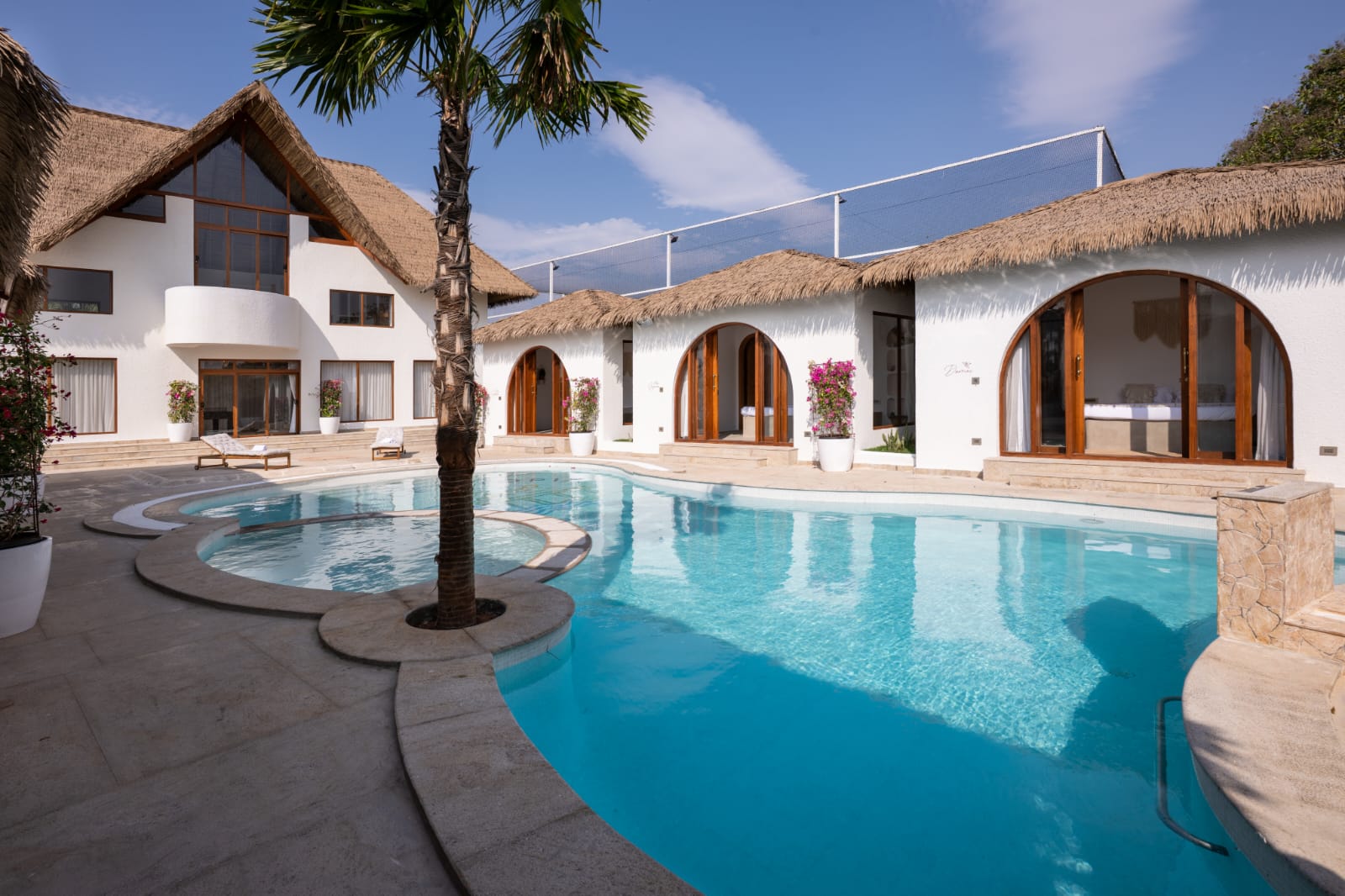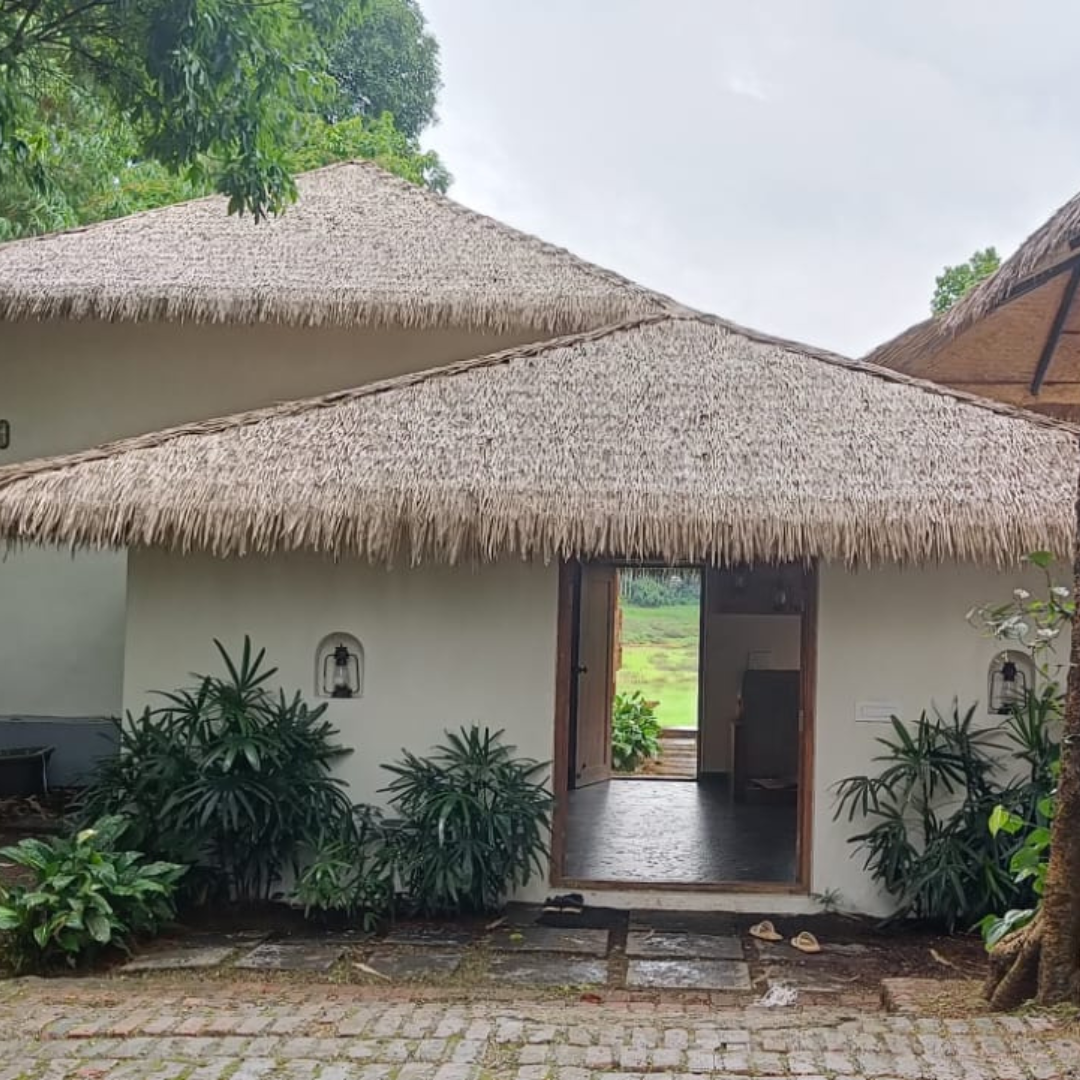Vacation season is quickly approaching as summer approaches. Tourists typically spend their summer vacations in the hills, where the cool weather provides a welcome relief from the sweltering heat, or in wildlife sanctuaries, where the heat attracts animals to the watering holes, giving visitors a chance to catch a glimpse.
This article compares and contrasts two resorts in the northern part of India, one located in a wildlife reserve and the other in the hills, both of which are excellent options for a summer vacation with the family. additionally, These establishments aren’t like the rest; they’re landmarks in the eco-tourism industry, and they give back to the environment in more ways than one.
Located on the outskirts of Kanha Tiger Reserve is the peaceful haven of Kipling Camp.
Anne and the late Bob Wright, a British couple with deep ties to India, established a wildlife conservation retreat on the outskirts of Kanha National Park in 1982. On the edge of India’s largest protected tiger reserve, Kipling Camp offers visitors a great opportunity to witness the majestic animal in its natural habitat. They can go on safaris or birdwatching trips, take in the beautiful scenery, and study up on the culture of the native Baiga people. Visitors at Kipling Camp actively bathe Tara, a gentle elephant, in a river on the property, where she resides and enjoys the attention.
Kipling Camp,
The same family has dedicated Kipling Camp to sustainable practices for three generations, long before the term became popular. Also, All of the employees are locals who have been with Kipling for many years. The owners also show films and give talks on conservation on a regular basis. This peaceful and inviting space actively encourages families, especially children, to commence their exploration of nature. Since 2005, Kipling Camp has been a non-profit, reinvesting in the community and Gond artists.
The Wright family bought the land when it was treeless farmland in the middle of a wildlife preserve. The property features a beautiful forest, natural pathways, and a rainwater hole ensuring water availability even in a severe drought.
On-site cottages actively incorporate low-cement designs, crafted to complement the landscape. No harmful borewells are present, only environmentally friendly open wells. The owners have decided against installing a swimming pool or providing televisions. So, They actively restrict the use of incandescent bulbs, permitting only compact fluorescents and light-emitting diodes. Additionally, they use sand and other natural elements to filter wastewater, while actively producing compost from solid waste.
Uttarakhand’s Vana Estate is a verdant luxury spa.
Vana,
In March 2015, the Uttarakhandi hills of Mussoorie awarded India’s first LEED Platinum certification for a luxury retreat to a new-age wellness retreat. So, it should come as no surprise that the 80-room, 21-acre ‘ecotel’ owned and operated by businessman Veer Singh adheres to strict norms of environmental responsibility and resource conservation. Vana was designed to be the world’s best wellness resort at 300 crore rupees.
Meditation, yoga, and traditional Indian therapies like ayurveda, Chinese medicine, and the Tibetan healing system Sowa Rigpa are just some of the reasons people from all over the world travel to Vana. They actively design each massage and therapy program to meet the specific requirements of the participant.
Vana looks out over the Himalayan foothills from the vantage point of a lychee plantation. To the west, you can find a beautiful Sal forest where the leaves change colors throughout the year. The Spanish architects actively ensured that they constructed the home to complement the local flora and fauna. Futhermore, Vana has put in place infrastructure to handle garbage in a responsible manner. For example, they collect rainwater and use it sparingly to cultivate organic herbs and vegetables. Their mainstay is seasonal and locally sourced produce.
Additionally, they have a bottling plant, resulting in a yearly reduction of 100,000 disposable plastic bottles. They actively produce stationery from 100% post-consumer waste paper, and all guest bedding and towels are certified organic. They have actively made every possible effort to reduce environmental impact. Bamboo and FSC-certified wood floors and eco-friendly washing detergents are in the rooms.
For more tips on eco-friendly hotels and resorts for your next summer getaway, keep checking back here. Also, KHW PRODUCTS is an eco-friendly, long-lasting best Synthetic thatch roofing option worth considering if you work in the hospitality industry. Contact KHW Solutions for best synthetic thatch roofing solutions.




